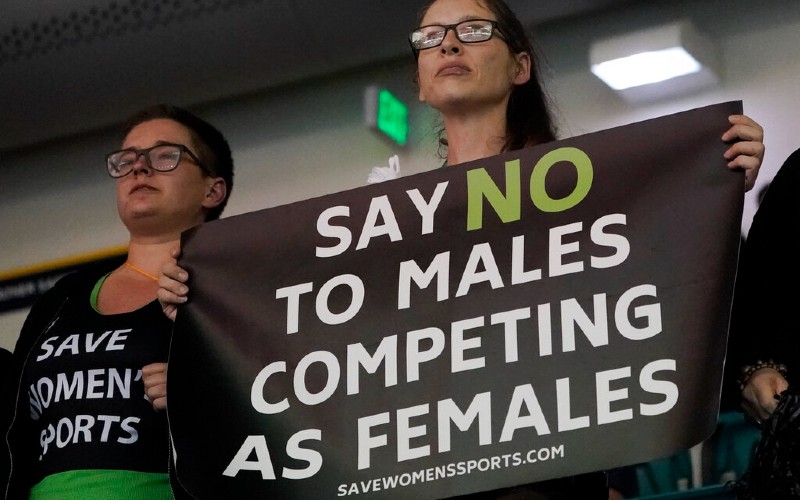The outcome of the case could remove an additional requirement that some courts apply when members of a majority group, including those who are white and heterosexual, sue for discrimination under federal law.
Justice Brett Kavanaugh stated a way of resolving the case, that seemed to enjoy broad support among his colleagues.
“Discrimination on the basis of sexual orientation, whether you are gay or straight, is prohibited. The rules are the same whichever way it goes,” Kavanaugh said.
The justices heard arguments in an appeal from Marlean Ames, who has worked for the Ohio Department of Youth Services for more than 20 years.
Ames contends she was passed over for a promotion and then demoted because she is heterosexual. Both the job she sought and the one she had held were given to LGBTQ people.
Title VII of the Civil Rights Act of 1964 bars sex discrimination in the workplace. A trial court and the 6th U.S. Circuit Court of Appeals ruled against Ames.
The question for the justices is that the Cincinnati-based 6th Circuit and several other appeals courts covering 20 states and the District of Columbia apply a higher standard when members of a majority group make discrimination claims.
America First Legal and other conservative groups filed briefs arguing that members of majority groups are as likely to face job discrimination, if not more so, because of diversity, equity and inclusion policies.
President Donald Trump has ordered an end to DEI policies in the federal government and has sought to end government support for DEI programs elsewhere.
Lawyers for America First, founded by Trump aide Stephen Miller, wrote that the idea that discrimination against members of majority groups is rare "is highly suspect in this age of hiring based on ‘diversity, equity, and inclusion.’”







